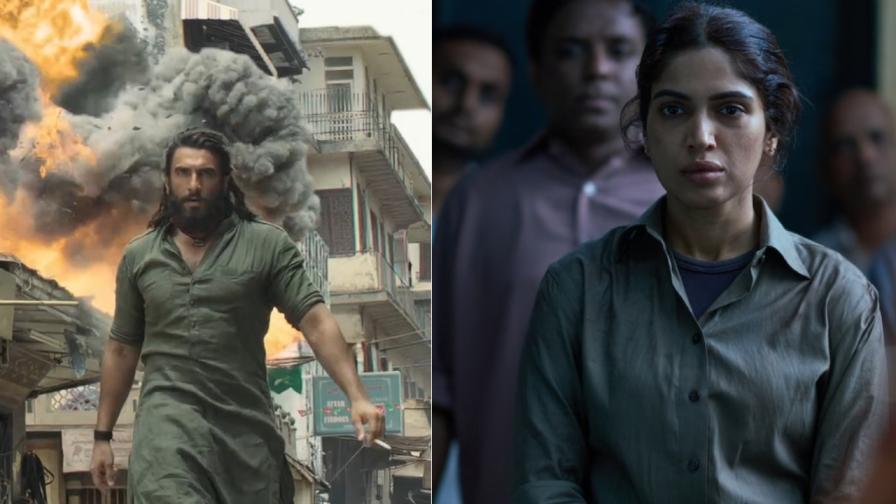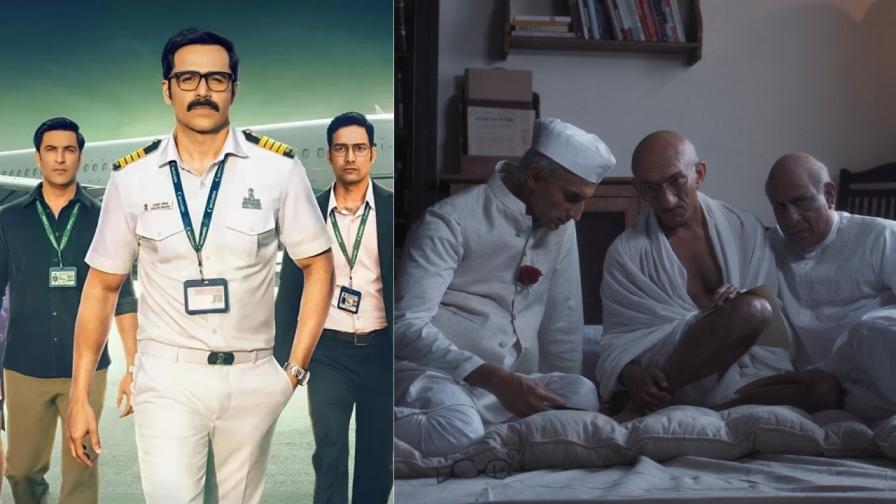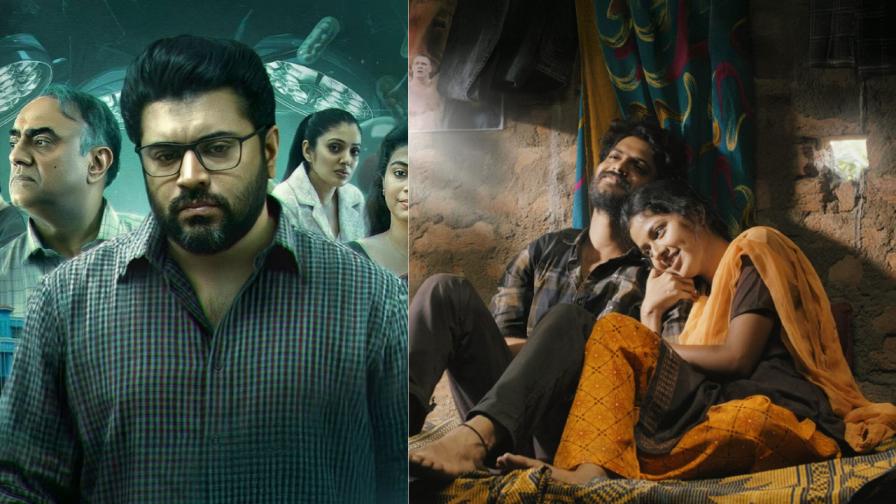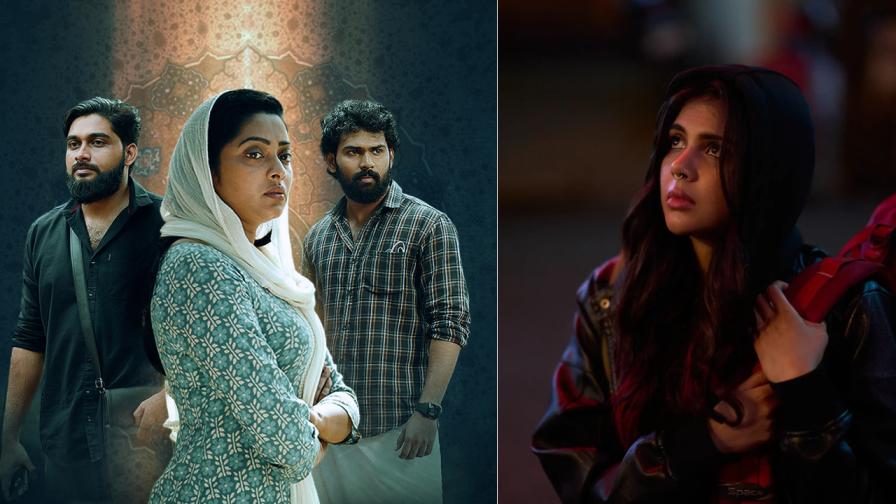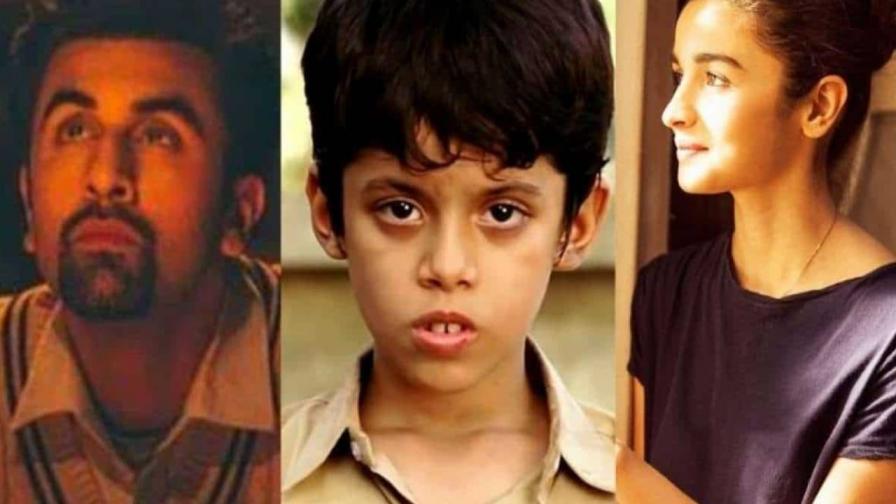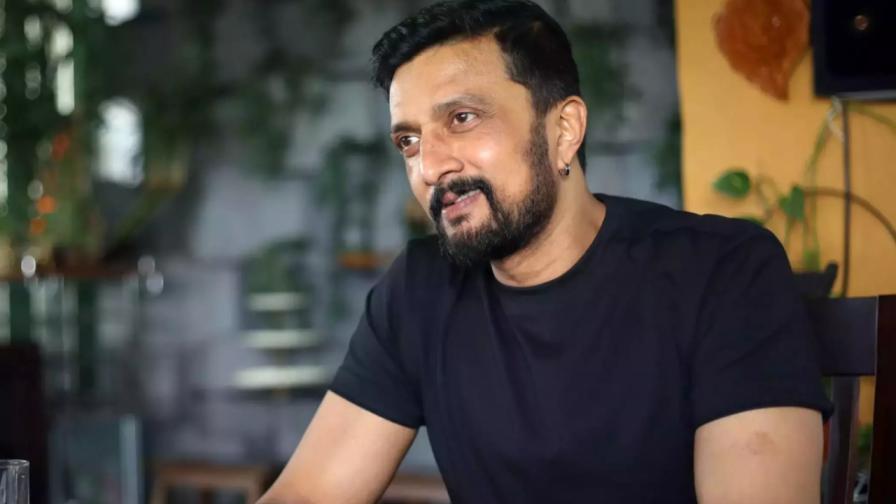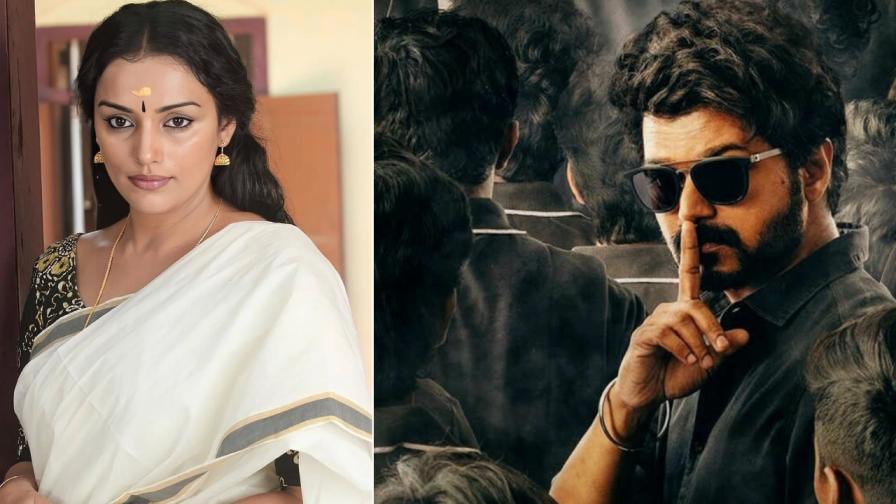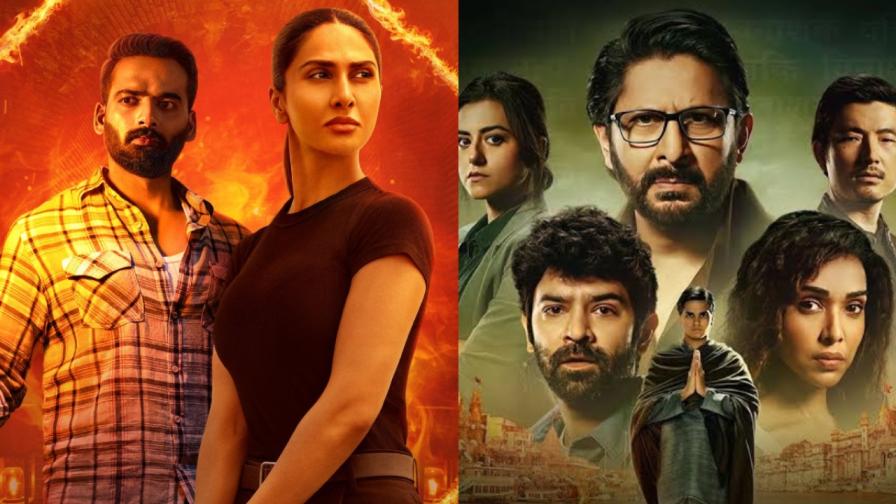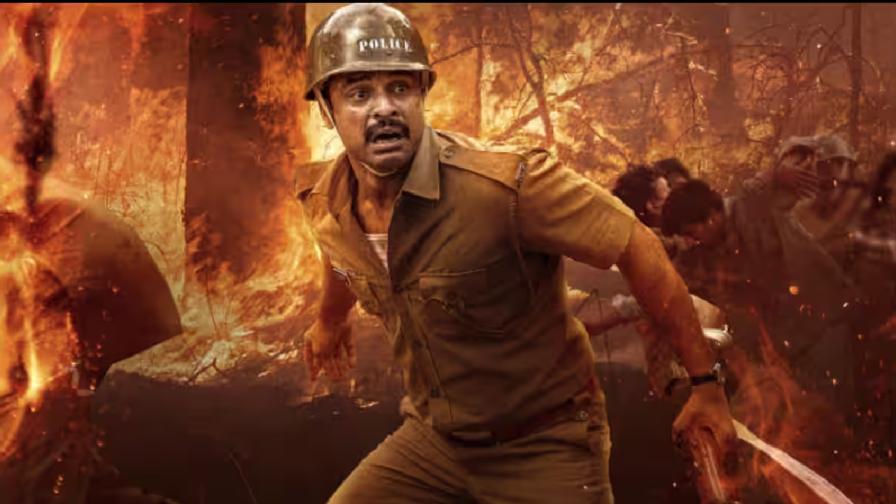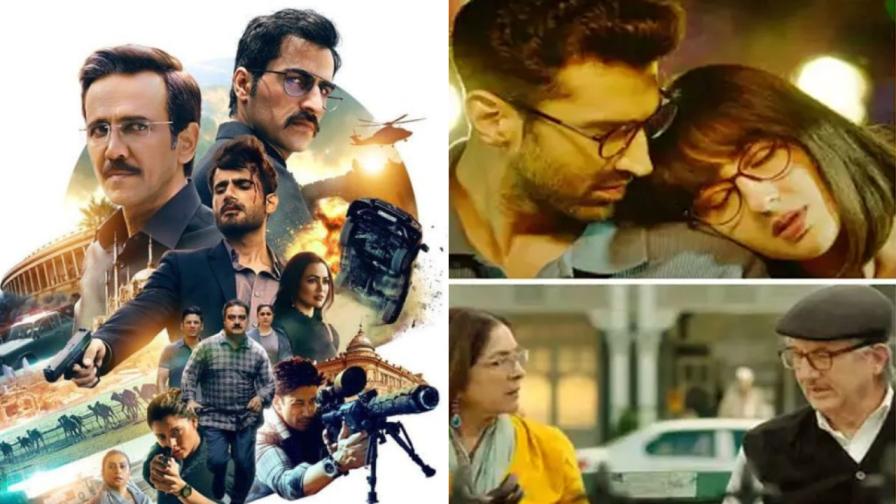Updated on: 12 April, 2025 05:50 PM IST |Racheal Varghese

Court: State Vs A Nobody exemplifies the essence of authentic storytelling in modern cinema, capturing real-life societal issues with raw emotions and grounded narratives.

Court exemplifies how authentic storytelling captures the raw essence of real-life struggles. The film avoids the exaggerations typical of mainstream cinema, instead focusing on the intricacies of a legal battle involving a POCSO case. By presenting the proceedings realistically, the film ensures viewers feel connected to the story, making its themes relatable and impactful.

The film’s characters are portrayed with great depth and subtlety, reflecting ordinary people's dilemmas, morality, and inner conflicts. Priyadarshi Pulikonda's defense lawyer is a standout example of a protagonist who is both relatable and inspiring. These grounded character arcs evoke empathy, engaging audiences on a deeply emotional level.

Authentic storytelling in Court serves as a mirror to societal prejudices and systemic flaws. The narrative explores themes like wrongful accusations, power dynamics, and the misuse of the POCSO Act. By addressing these critical issues, the film not only entertains but also sparks conversations about justice and societal reform.

In a cinematic landscape filled with action-packed thrillers and glamorous spectacles, Court stands apart with its no-frills approach. The absence of unnecessary subplots, dramatic twists, or overt melodrama emphasizes its focus on the crux of the story, showcasing the strength of authenticity in modern cinema.

Through its genuine and straightforward storytelling, Court invites audiences to reflect on the intricacies of morality and justice. The film goes beyond the surface, prompting viewers to question their preconceived notions and look at the judicial system with a more critical lens. This reflective quality makes the film resonate long after the credits roll.





